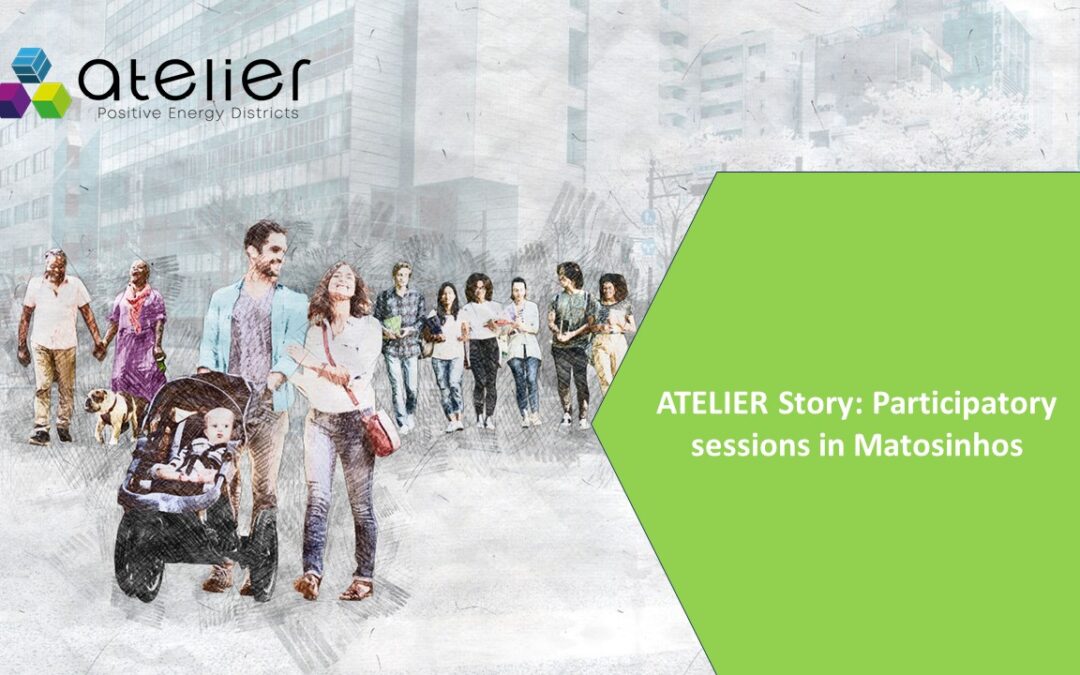The municipality of Matosinhos launched the first Citizenship Laboratory for Climate Transition in Portugal, with the aim of involving citizens and local organizations in responding to the challenges of climate transition and decarbonization. This project, in partnership with the University of Aveiro, aims to bring forward the carbon neutrality target from 2050 to 2030.
The lab was created to listen, mobilize and engage the community, including local businesses and organizations, in responding to complex climate challenges. It is believed that only with the active participation of the community will it be possible to achieve the goals, as the municipality’s direct action only covers up to 10% of the objective.
Citizenship Laboratories are collaborative spaces where low-cost, rapid implementation solutions are prototyped and experimented. They involve citizens, administration and experts in mediated work, promoted in open and inclusive spaces, accessible to all.
This project has five main objectives:
- Promote climate and participatory literacy.
- Develop pilot projects aimed at young people, families and specific territories.
- Identify and experiment with local response actions to climate problems.
- Understand the impact of these actions on the community, with a focus on young people.
- Align actions with the Sustainable Development Goals (SDGs).
The Matosinhos Climate Transition Citizenship Laboratory invited citizens to submit projects in the fields of food, mobility, energy, consumption and circular economy. There were 56 proposals, resulting in 12 projects selected for development: “Activating Mobility”, “Bicycle Trains”, “Lockers for the Surf Community”, “Maria da Costa”, “Quinta Verde”, “Horta na Minha Porta”, “Urban Orchards”, “More Knowledge, Less Energy, CO2 and H2O”, “Pieces that Count”, “Let’s Swap Senhora da Hora”, “Círculo dos Amigos das Árvores” and “Eco-Matosinhos”.
From April to June, 12 collaborative sessions were held in various parish unions, with an average of 20 participants per session. The meetings, every Wednesday night, were marked by enthusiasm, celebration of small steps and collective work towards the common cause.
The culmination of this effort will be the Mato Grosso Climate Festival, on July 13th, with 18 events, workshops, exhibitions, trade fairs and tastings, all planned by citizens in partnership with Matozinhos City Hall.
This is an inspiring example of active citizenship, with more than 200 participants mobilized over 12 weeks, resulting in innovative actions in the areas of mobility, food, circular economy, energy and carbon capture, in collaboration with local and regional partners.
Over the course of three months, ATELIER Fellow City Matosinhos organised 12 participatory sessions with citizens (“Civic Labs”) to co-create local solutions for the Climate Transition. This video, available with English and Portuguese subtitles, shows how citizens jointly develop prototypes for climate actions in one of the sessions. The Civic Labs were carried out in the framework of ATELIER – an EU-funded Smart City project aiming to create and replicate Positive Energy Districts (PEDs) within two Lighthouse Cities and six Fellow Cities. Positive Energy Districts can be a powerful measure to accelerate the energy transition in cities.
Author and video credits: Municipality of Matosinhos
